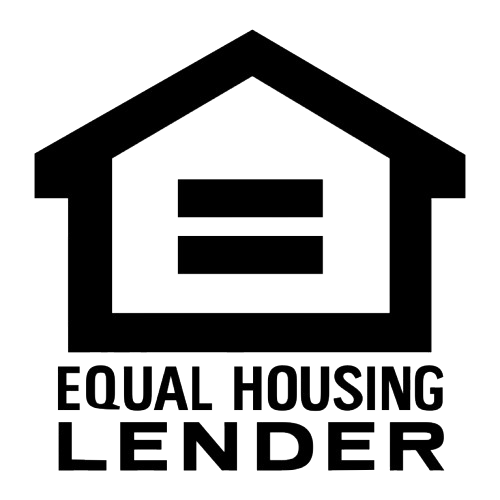Second Mortgage
What is a Second Mortgage?
A Second Mortgage is a loan taken out in addition to your primary mortgage. It uses your home’s equity as collateral, and it is typically taken out after your first mortgage. This type of loan allows you to borrow a lump sum of money or access a line of credit while keeping your primary mortgage intact. The second mortgage is considered subordinate to the first, meaning that if you default on payments, your first mortgage lender gets paid first.

Who Can Benefit from a Second Mortgage?
second mortgage can be beneficial for:
- Homeowners Looking for Additional Funds: Those who need extra money for large expenses like home improvements, debt consolidation, or major purchases.
- Borrowers with Equity in Their Home: Homeowners who have built up significant equity in their property and want to access it.
- People with Good Credit: Since second mortgages are riskier for lenders than primary mortgages, borrowers with good credit may be more likely to qualify for favorable terms.
Types of Second Mortgages
- Home Equity Loan (HEL): A home equity loan is a lump-sum loan that you repay in fixed monthly payments over a set term. The interest rate is typically fixed, providing predictable payments.
- Home Equity Line of Credit (HELOC): A HELOC functions like a credit card, allowing you to borrow money up to a set limit as needed. HELOCs typically have variable interest rates and flexible repayment terms.
Benefits of a Second Mortgage
- Access to Cash: Second mortgages provide access to a large sum of money that can be used for various purposes such as home improvements, debt consolidation, education expenses, or medical bills.
- Potential Tax Benefits: In some cases, interest on a second mortgage may be tax-deductible, particularly if the loan is used to improve the home.
- Lower Interest Rates: Compared to other forms of credit like personal loans or credit cards, second mortgages tend to offer lower interest rates because they are secured by your home’s equity.
- Flexible Use of Funds: Whether you need the funds for a home renovation, paying off high-interest debt, or covering unexpected costs, a second mortgage offers flexibility.
How Does a Second Mortgage Work?
When you take out a second mortgage, you’re borrowing against the equity you’ve built up in your home. The amount you can borrow typically depends on the amount of equity you have, which is the difference between the current value of your home and what you owe on your first mortgage. Your second mortgage lender will approve the loan based on factors like your creditworthiness, income, and home equity.
If you qualify for a second mortgage, you will receive either a lump sum (in the case of a home equity loan) or a line of credit (in the case of a HELOC) that you can use as needed. You will make regular monthly payments on the loan, in addition to your primary mortgage payments.
Qualifying for a Second Mortgage
- Home Equity: You must have significant equity in your home (typically at least 15%-20%).
- Credit Score: Lenders will generally look for a good to excellent credit score (usually 620 or higher) to qualify for a second mortgage.
- Debt-to-Income (DTI) Ratio: Your DTI ratio will be considered to assess your ability to repay the loan. Lenders typically look for a DTI ratio under 43%-45%.
- Stable Income: You must show that you have a stable income to ensure that you can handle both your first and second mortgage payments.
Risks of a Second Mortgage
- Risk of Foreclosure: If you fail to make payments on your second mortgage, the lender can foreclose on your home after the first mortgage lender is paid.
- Increased Debt: Adding a second mortgage increases your overall debt and monthly obligations, which may strain your finances if not managed properly.
- Variable Interest Rates: If you choose a HELOC, you may face fluctuating interest rates, which can result in higher payments over time.
Is a Second Mortgage Right for You?
A second mortgage can be a great option for homeowners who need extra cash for major expenses but have equity in their home. It provides an affordable way to access a large sum of money at a lower interest rate compared to other forms of credit. However, it’s important to carefully consider the risks, especially the possibility of foreclosure if you’re unable to make payments.
Contact us today to see if a second mortgage is right for you and learn how you can leverage your home’s equity to meet your financial goals.


We are an independent mortgage brokerage licensed through DRE, proudly serving clients since 2007.

Company
Get In touch
- 510-786-8739
- info@simtg.com
- 44840 South Grimmer Blvd Fremont, CA 94538
Copyright @ 2022. All Rights reserved.